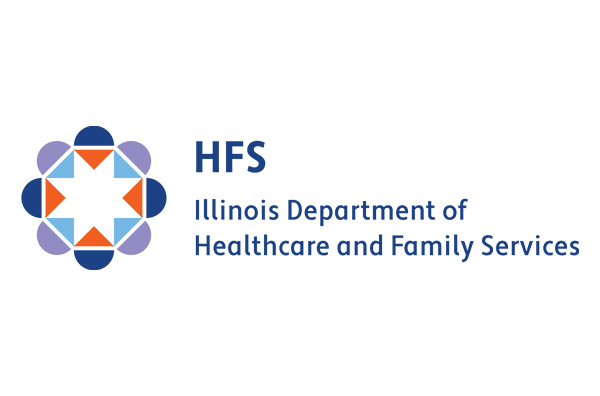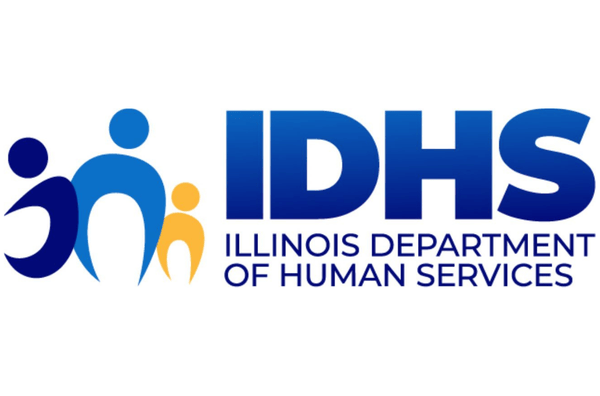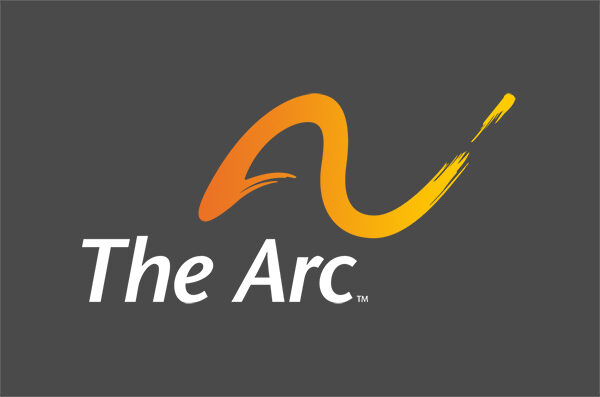We conduct applied research and evaluations at the local, state and national levels for governments, agencies and organizations.
Here you'll find the descriptions and respective publications for our active projects. We excel at working on projects across various disciplines and provide this service to our community. To inquire about your project, contact us.
Active projects
Money Follows the Person Environmental Scan

Money Follows the Person Environmental Scan
UIC looked at home and community-based services in Illinois. This information scan will inform Illinois’ second implementation of Money Follows the Person, or MFP. Under MFP, States receive more federal money for moving people to the community. People covered are those with disabilities and older adults. Illinois participated in Money Follows the Person the first time from 2009 to 2017. In 2022, the federal government gave five states/territories money to plan for MFP. These states were not using MFP in 2022. Illinois was one of the five states. The scan identifies barriers to community living. The scan also identifies ways to support community living.
Funding: Illinois Department of Healthcare and Family Services
Analysis of Movement

Analysis of Movement from Illinois State-Operated Developmental Centers
Since 2001, UIC has analyzed the transitions of people with intellectual and developmental disabilities (IDD) out of Illinois state-operated developmental centers (SODCs). In 2001, Illinois had ten SODCs. Three SODCs have closed since 2001. Lincoln Developmental Center closed in 2002. Howe Developmental Center closed in 2010. Jacksonville Developmental Center closed in 2012. Illinois currently operates seven SODCs:
- Fox Developmental Center (Dwight)
- Mabley Developmental Center (Dixon)
- Shapiro Developmental Center (Kankakee)
- Murray Developmental Center (Centralia)
- Kiley Developmental Center (Waukegan)
- Choate Developmental Center (Anna)
- Ludeman Developmental Center (Park Forest)
The Illinois Department of Human Services, Division of Developmental Disabilities provides data for each of the seven SODCs. The reports include:
- Descriptive statistics of the number of transitions
- The demographics and characteristics of people who leave
- The types of settings people go to
- The extent to which people stay in their post-transition settings
- Why people return to a SODC and technical assistance receipt
- A comparison of demographics and characteristics across transition settings
- The demographics and characteristics of people who died in a SODC or after they left
- The demographics and characteristics of people who leave for therapy but will return
Funding: Illinois Department of Human Services
Publications
- SODC Transitions Evaluation Research Brief (2022)
- SODC Transitions Evaluation Report (2022)
- SODC Transitions Evaluation Research Brief (2021)
- SODC Transitions Evaluation Report (2021)
- SODC Transitions Evaluation Research Brief (2020)
- SODC Transitions Evaluation Report (2020)
- SODC Transitions Evaluation Research Brief (2018)
- SODC Transitions Evaluation Report (2018)
- SODC Transitions Evaluation Research Brief (2016)
- SODC Transitions Evaluation Report (2016)
- SODC Transitions Evaluation Report (2012)
- SODC Transitions Evaluation Research Brief (2009)
- SODC Transitions Evaluation Report (2008)
Future Planning Training for Providers

Future Planning Training for Providers
Institute on Disability and Human Development staff partnered with The Arc of the United States, an advocacy organization for people with intellectual and developmental disabilities (IDD) and their families, to conduct several trainings on future planning for professionals working with people with disabilities. Funded through The Retirement Research Foundation, the trainings focused on the need for aging caregivers to be equipped to work with their family members with disabilities in order to ensure a seamless transition after the caregiver becomes unable to provide care. Recent trainings have been conducted in Kentucky, North Carolina and Georgia.
Planning for the future is a daunting task, and it can be particularly overwhelming for aging caregivers who provide direct support for their sons and daughters with IDD. Surveys of caregivers show that the first step in future planning is often the most difficult, and that fear is the greatest barrier to initiating planning. Professionals including staff from the local Arc chapters are important, but underutilized, resources in successful future planning.
The trainings focused on how to promote and develop self-advocacy skills in a future planning context, covered core areas of future planning described by The Arc’s Center for Future Planning, and emphasized how professionals can identify and solve common barriers that families experience.
Participants were empowered to initiate outreach to families, use resources from The Arc’s Center on Future Planning and state specific resources, and act on the understanding that future planning ultimately improves outcomes for people with disabilities and their families.
Funding: The Arc of the United States
Collaborators: Aleksa Owen, Tamar Heller, Tia Nelis
Longitudinal Analysis of Discharges from State-Operated Developmental Centers

Longitudinal Analysis of Discharges from State-Operated Developmental Centers
The Institute on Disability and Human Development has maintained a database to track all discharges from State-Operated Developmental Centers (SODCs) in Illinois since 2001. We are currently collecting data for the period between 2012 and 2022. This data allows us to track where people with intellectual and developmental disabilities move after they leave an SODC, whether they return, and some of the factors for why they return.
We have worked with DHS-DDD to evaluate the closures of specific State-Operated Developmental Centers. Links to the reports are listed below.
Funding: Illinois Department of Healthcare and Family Services-Division of Developmental Disabilities
Collaborators: Kelly Hsieh, Caitlin Crabb, Tamar Heller, Fredrik Langi, Randall Owen
Publications
- Research Brief: An Analysis of Movement from Illinois State-Operated Developmental Centers: Transitions between July 1, 2020 – June 30, 2021 (2022) | Caitlin Crabb, Kelly Hsieh, & Tamar Heller
- An Analysis of Movement from Illinois State-Operated Developmental Centers: Transitions between July 1, 2020 – June 30, 2021 (2022) | Caitlin Crabb, Kelly Hsieh, & Tamar Heller
- Research Brief: An Analysis of Movement from Illinois State-Operated Developmental Centers: Transitions between July 1, 2016- June 30, 2020 (2021) | Caitlin Crabb, Kelly Hsieh, & Tamar Heller
- An Analysis of Movement from Illinois State-Operated Developmental Centers: Transitions between July 1, 2016- June 30, 2020 (2021) | Caitlin Crabb, Kelly Hsieh, & Tamar Heller
- An Analysis of Movement from Illinois State-Operated Developmental Centers: Transitions between July 1, 2016- June 30, 2020 (2021) | Caitlin Crabb, Kelly Hsieh, & Tamar Heller
- Research Brief: An Analysis of Movement from Illinois State-Operated Developmental Centers: Transitions between July 1, 2016 – December 31, 2018 (2020) | Caitlin Crabb, Kelly Hsieh, & Tamar Heller
- An Analysis of Movement from Illinois State-Operated Developmental Centers: Transitions between July 1, 2016 - December 31, 2018 (2020) | Caitlin Crabb, Kelly Hsieh, & Tamar Heller
- An Evaluation of the Jacksonville Developmental Center Closure (2016) | Vijay Vasudevan, PhD, Amie Lulinski, PhD, Tamar Heller, PhD, Randall Owen, PhD, Mary Kay Rizzolo, PhD, Natasha A. Spassiani, PhD, Amanda J. Schmidt, MPH, & Carli Friedman, PhD
- An Analysis of Movement from Illinois State Operated Developmental Centers: FY2010 through FY2012 Update (2015) | Vijay Vasudevan, PhD, Mary Kay Rizzolo, PhD, Tamar Heller, PhD & Amie Lulinski, PhD
- The Closure of Lincoln Developmental Center: An Analysis of Outcomes (2012) | Amie Lulinski-Norris, Mary Kay Rizzolo & Tamar Heller
- Murray Developmental Center: An Analysis of Transition Outcomes (2012) | Amie Lulinski-Norris, Mary Kay Rizzolo & Tamar Heller
- Jacksonville Developmental Center: An Analysis of Transition Outcomes (2012) | Amie Lulinski-Norris, Mary Kay Rizzolo & Tamar Heller
- An Evaluation of the Howe Developmental Center Closure: Executive Summary (2012) | Sorensen, A., Rizzolo, M. C., Lulinski Norris, A., & Heller, T
- An Evaluation of the Howe Developmental Center Closure (2012) | Sorensen, A., Rizzolo, M. C., Lulinski Norris, A., & Heller, T